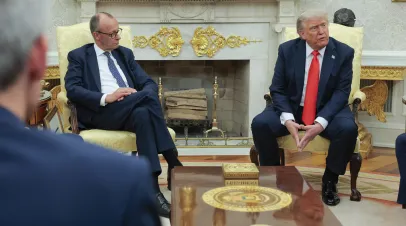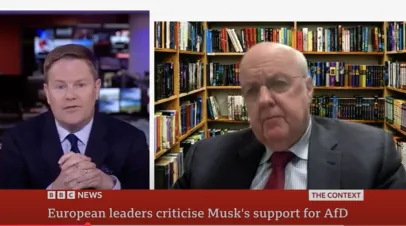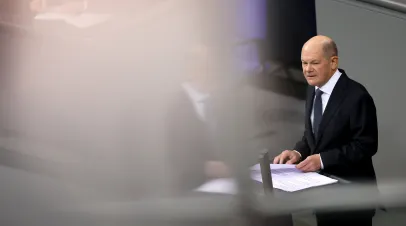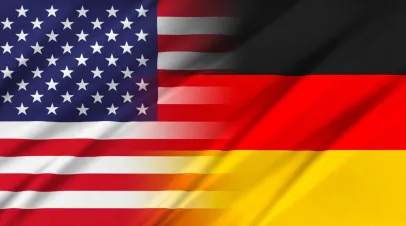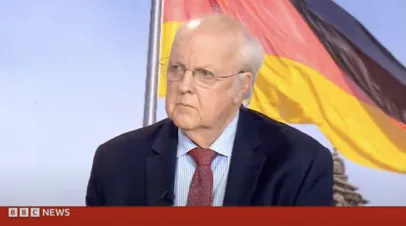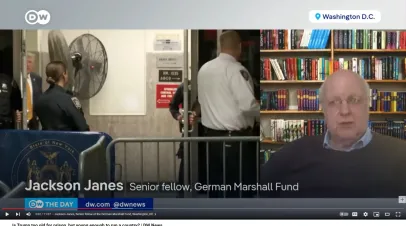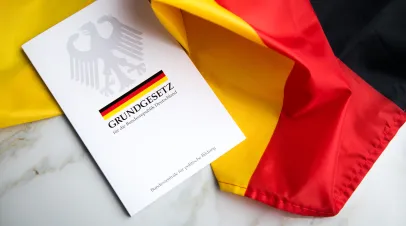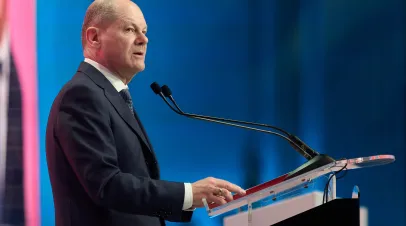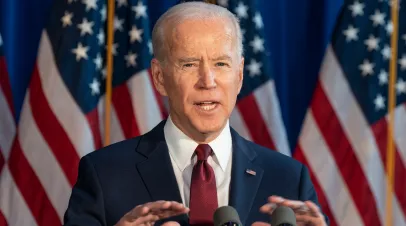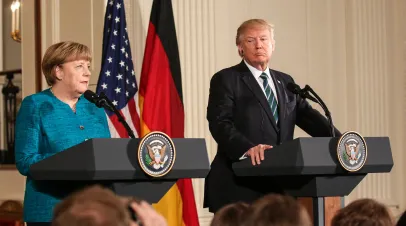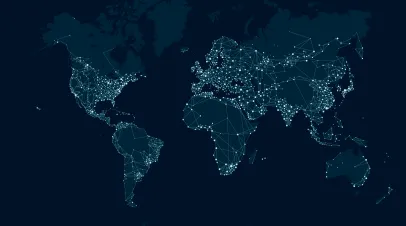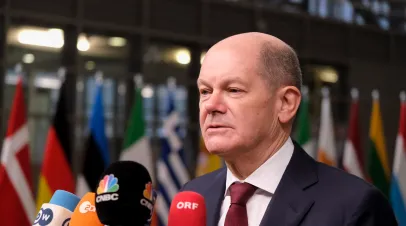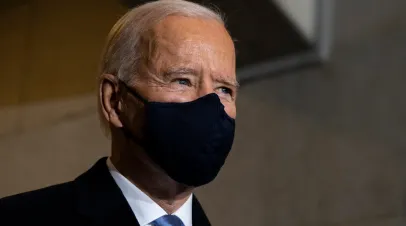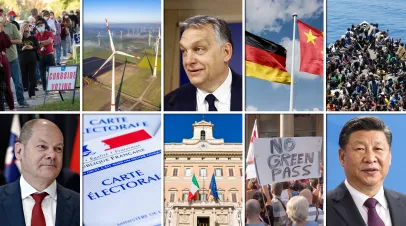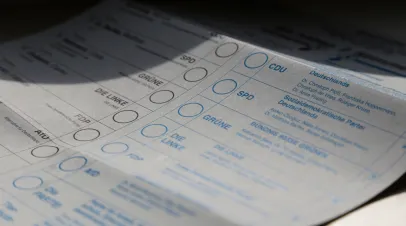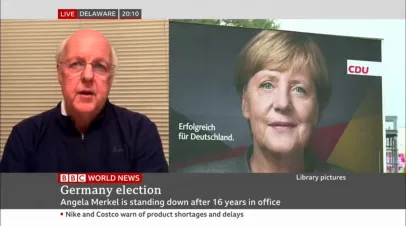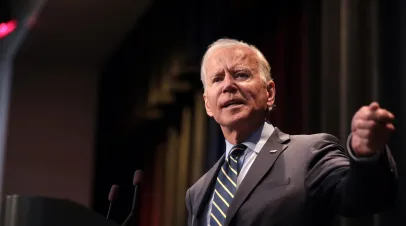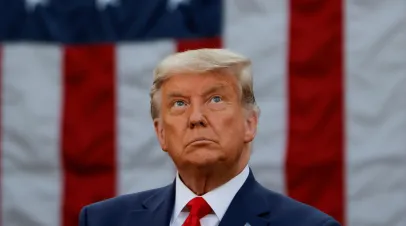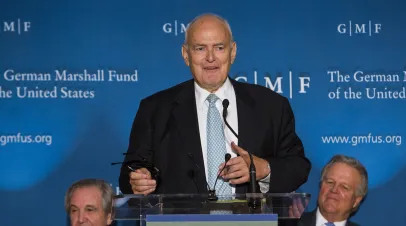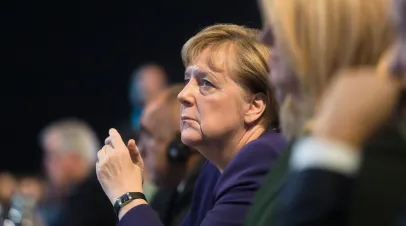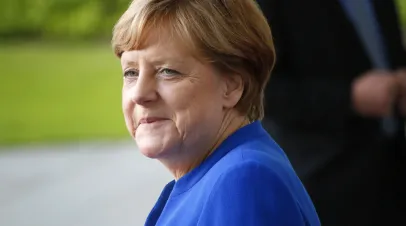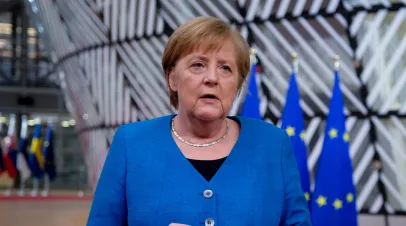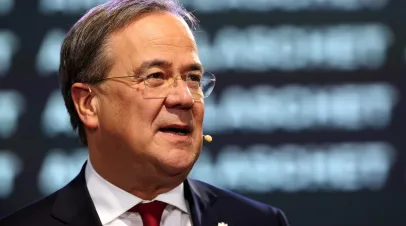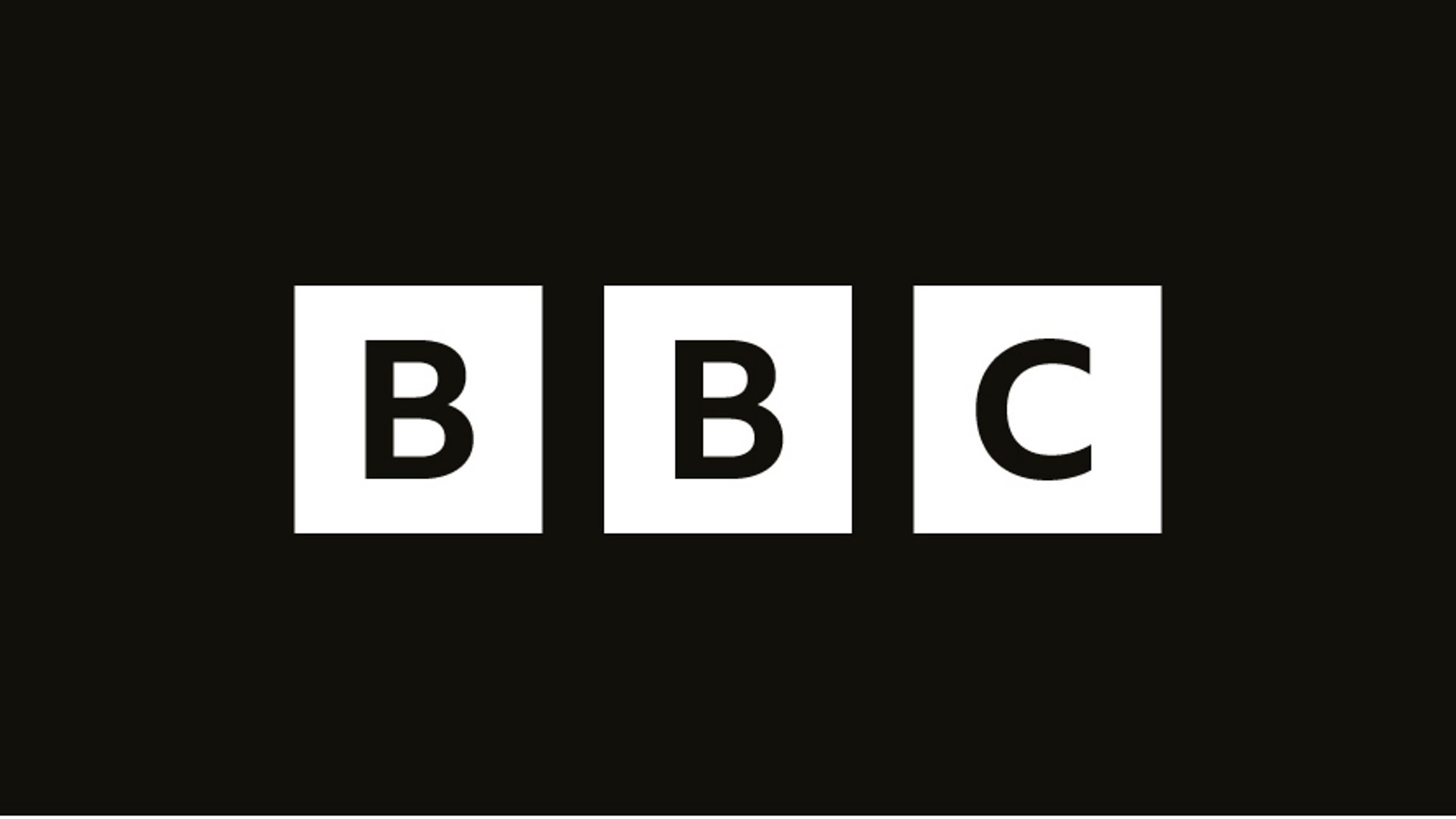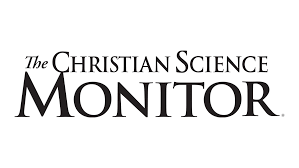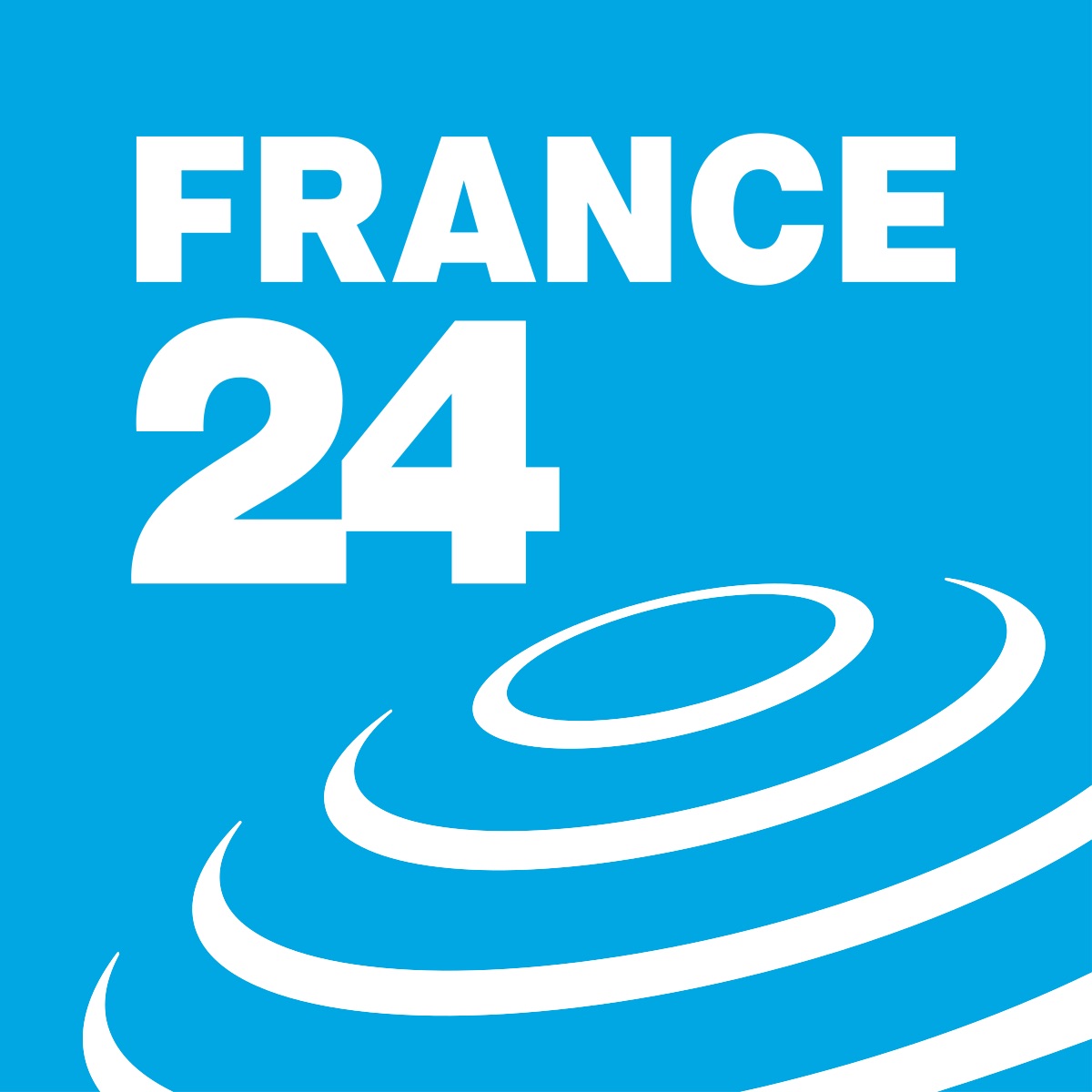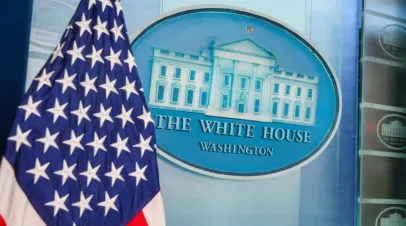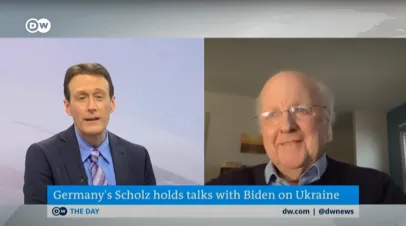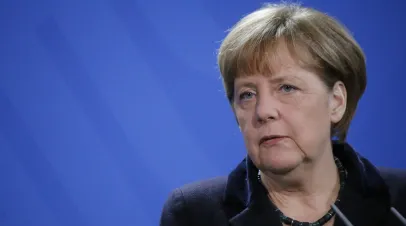Jackson Janes
Resident Senior FellowJackson Janes is a resident senior fellow at the German Marshall Fund and president emeritus of the American Institute for Contemporary German Studies at Johns Hopkins University in Washington, DC. He has been affiliated with AICGS since 1989.
Janes has been engaged in German-American affairs in numerous capacities over many years. He studied and taught at German universities in Freiburg, Giessen, and Tübingen. He was the director of the German-American Institute in Tübingen (1977-1980) and of the European office of The German Marshall Fund of the United States in Bonn (1980-1985). He served as director of program development at the University Center for International Studies at the University of Pittsburgh (1986-1988) and was chair of the German Speaking Areas in Europe Program at the US State Department’s Foreign Service Institute (1999-2000).
Janes is honorary president of the International Association for the Study of German Politics, a member of the Council on Foreign Relations, and affiliated with the International Institute for Strategic Studies and the Atlantic Council of the United States. He serves on the advisory boards of the Berlin office of the American Jewish Committee and the Zeitschrift für Aussen- und Sicherheitspolitik (ZfAS). He is a former board member of the German-American Fulbright Commission and a former member of the selection committee for the Bundeskanzler Fellowships for the Alexander von Humboldt Foundation.
Janes has lectured throughout Europe and the United States and has published extensively on issues dealing with Germany, German-American relations, and transatlantic affairs. In addition to regular commentary given to European and American news radio, he has appeared on CBS, CNN, C-SPAN, PBS, and CBC, and he is a frequent commentator on German broadcast outlets.
Janes was awarded in 2005 the Officer’s Cross of the Order of Merit of the Federal Republic of Germany, the country’s highest civilian award.
Media Mentions
Featured Work

